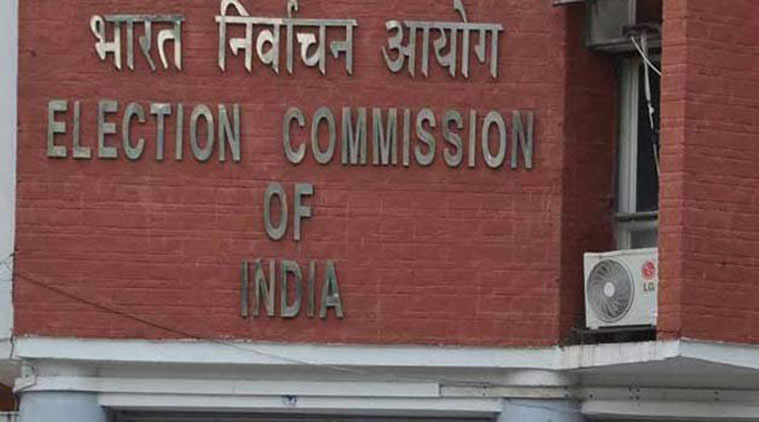 The Commission’s suggestion to make it a corrupt practice under Section 123 of the Representation of the People Act, 1951
The Commission’s suggestion to make it a corrupt practice under Section 123 of the Representation of the People Act, 1951
The Election Commission (EC) has asked the government to consider including filing of false affidavit as a “corrupt practice” under the electoral law, which would then make the candidate liable for disqualification of up to six years.
A candidate contesting an election is required to file an affidavit called Form 26 that furnishes information on her assets, liabilities, educational qualification and criminal antecedents, if any. The current penalty for lying in an affidavit filed before the EC is imprisonment of up to six months, or fine, or both. In 2011, the EC had asked the government to increase the term of incarceration to two years, to no avail.
The Commission’s suggestion to make it a corrupt practice under Section 123 of the Representation of the People Act, 1951, was shared with the Law Ministry in May, The Indian Express has learnt. However, it assumes significance against the backdrop of Congress party’s recent complaint against BJP president Amit Shah, alleging inaccuracies in the poll affidavit filed by him before his election to Rajya Sabha.
Congress had approached EC in August, seeking action against Shah for allegedly concealing his liabilities. According to the complaint, the BJP president had failed to disclose that his son’s limited liability partnership, Kusum Finserve, had mortgaged two plots of land owned by him, against which credit facilities of Rs 95 crore were availed. The Commission, in turn, told the Congress that the party itself can move a petition before a competent court for action under Section 125A of the Representation of the People Act, 1951, which provides for imprisonment of up to six months or fine or both.
Earlier this month, the Supreme Court (SC), which is hearing a PIL moved by advocate Ashwini Upadhyay, agreed in principle that filing a false affidavit in elections is a corrupt practice and should be treated seriously. However, it also said that it cannot direct the Parliament to include it in corrupt practices.
EC’s letter to Law Ministry was sent after the SC verdict of February this year on the writ petition filed by NGO Lok Prahari seeking amendments in Form 26. Keeping with the directions of the apex court, the Commission, in its letter, has asked the government to make it mandatory for contesting candidates to also disclose source of income, if any, of their children. It has also sought amendment in the affidavit to include disclosure on contracts entered by candidates, their spouse and dependents with the government and public companies.
Although the SC has held in its judgment that non-disclosure of assets and sources of income of candidates, their spouse and dependents is a corrupt practice, the Commission went a step further and asked the government to consider making furnishing of any kind of false information in the election affidavit a corrupt practice.
Currently, under Section 123 of the RP Act, 1951, eight types of acts are considered corrupt practice. Bribery, appeal on grounds of religion, race and caste, creating enmity between people on the basis of religion, race and caste are among them. The punishment for being found guilty of engaging in corrupt practice range from imprisonment to having the election declared void.